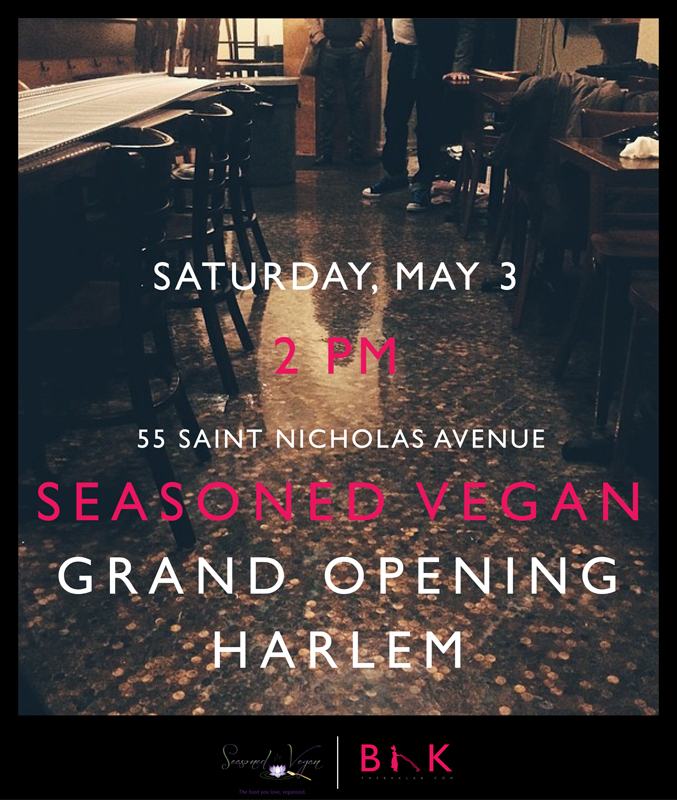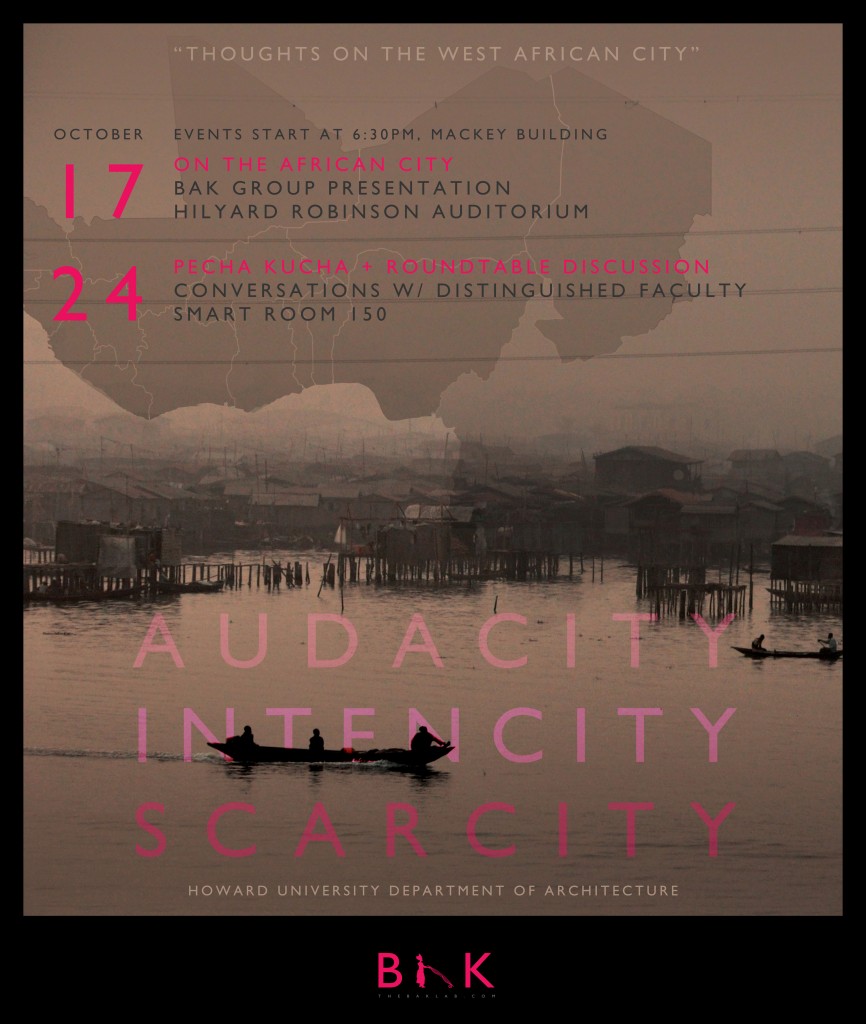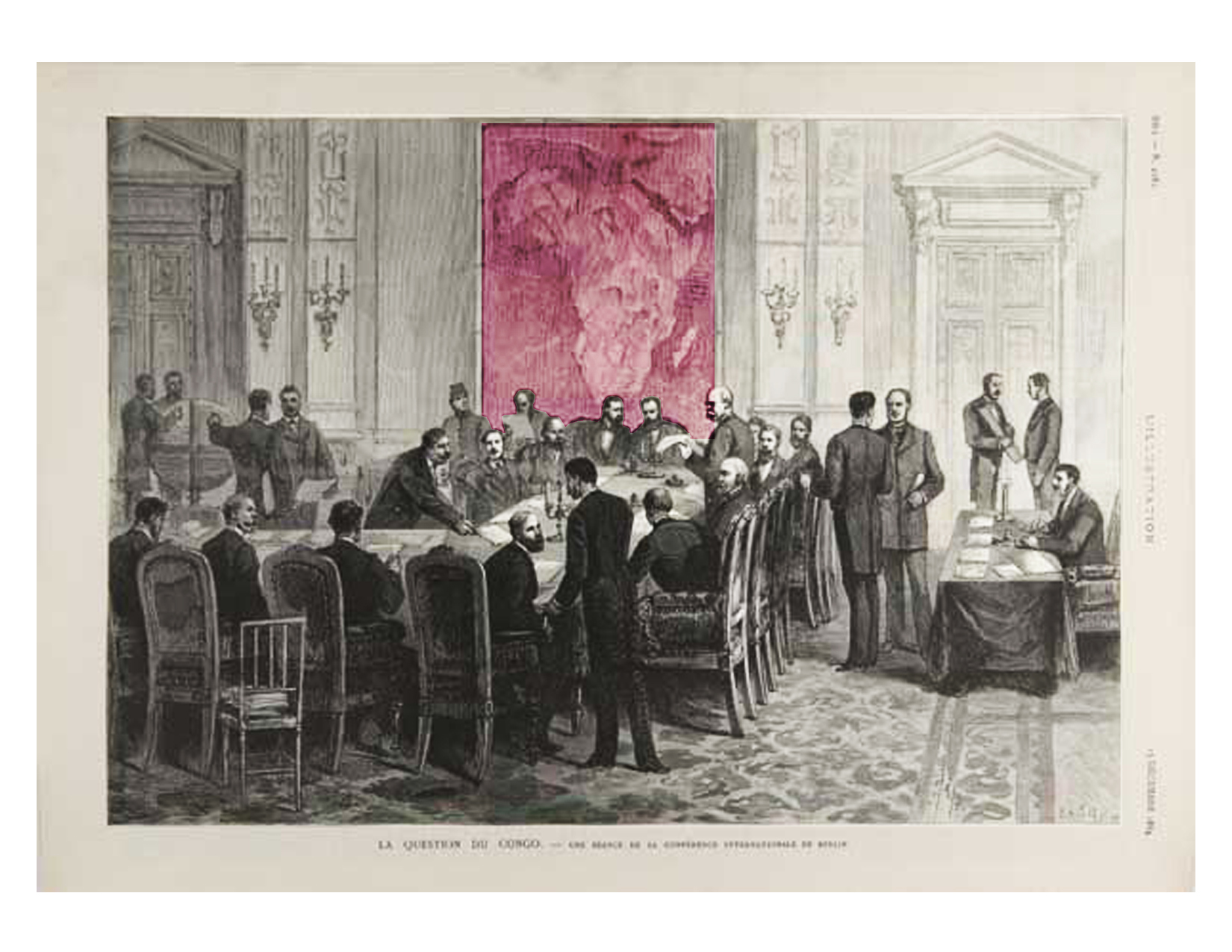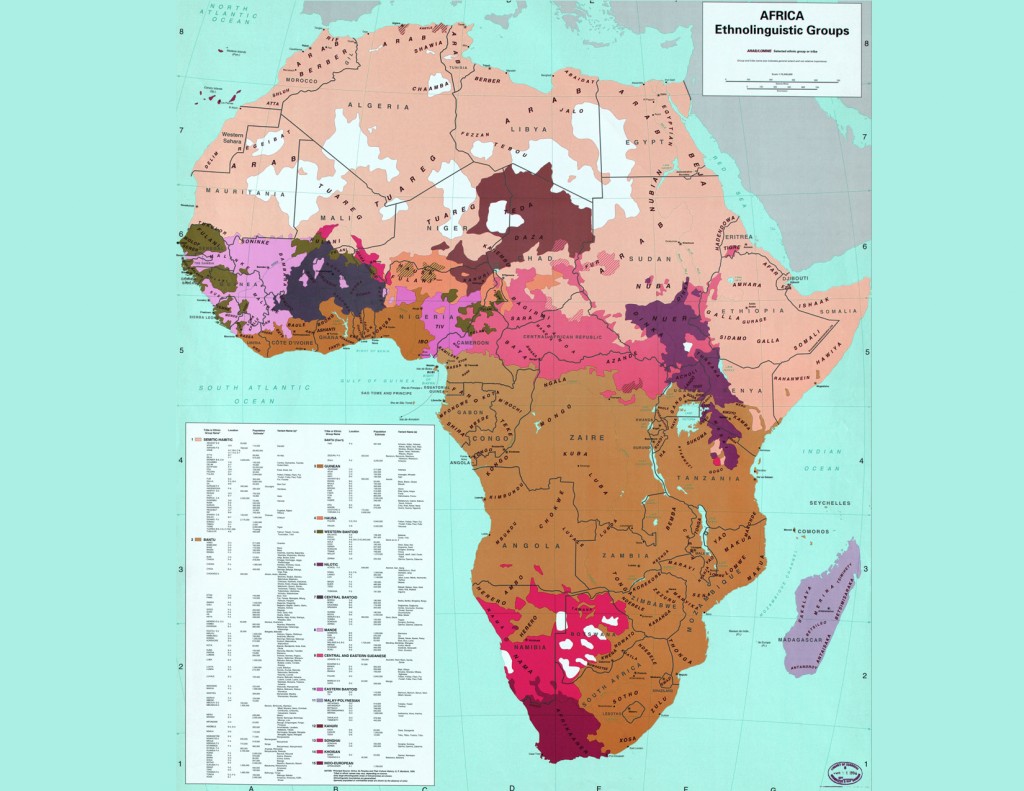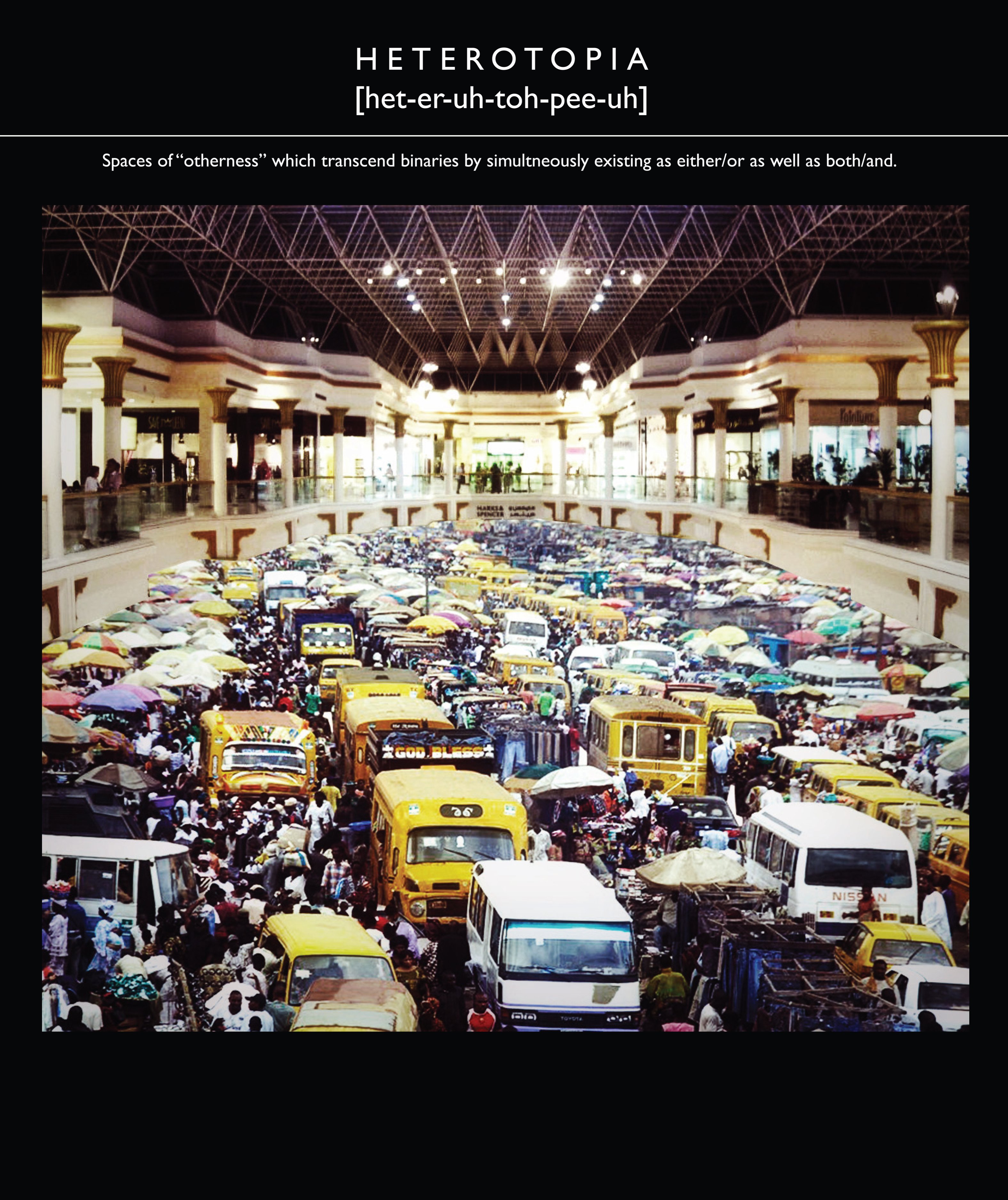Come celebrate the Grand Opening of Seasoned Vegan
55 Saint Nicholas Avenue, Harlem, NY 10026
Saturday, May 3 | Ribbon Cutting at 2pm
Author: BayoBak
Self-taught African Teen Wows M.I.T.
Young Kelvin Doe A.K.A DJ focus of Sierra Leone makes MIT technology look like child-play. Kelvin shows us that ramshackle materials may be pieced together to create “low-tech” solutions to “high-tech” problems; however, the sophistication of certain sciences makes such efforts seem unattainable. Stuff like this makes it all worth it. Thoughts?
More at crowdrise.com!
Seasoned Vegan Restaurant
A design idea to be realized in Harlem. More at Blacklines of Design Inc. Thoughts?
#BAK TALK /// THOUGHTS ON THE WEST AFRICAN CITY LECTURE SERIES
Scrambled Eggs?
Is discordance in the sub-regional contexts of the African continent exacerbated by its ethno-linguistic diversity? Somehow it seems Africa drew the short straw atop the proverbial Tower of Babel; though language is perhaps the most pervasive purveyor of ideas, customs, values and beliefs, its microcosmic assortment in the different African sub regions seems to leave confusion in its wake.
Beg that I might not be mistaken- ethno-linguistic diversities are a great treasure on the continent and are (and were) perhaps necessary, as safety lines, in navigating the harsh spatio-economic climates on many parts of the continent. But, these lines continue to be exploited as avenues of conflict in sub regional affairs. They become the loci of fissures so deep that cooperation is fragile or near impossible in many continental dialogues.
What am I really trying to bite at? The questions- though the rhythms and tones of different African sub-regional spoken languages sound vastly variegated, how different are the ideas they carry? If they exist, what are the thoughts that ferry across clans, tribes and peoples? Can we define them?
I admit that identifying or defining an Ortgeist- spirit of place- may not prevent conflict, but perhaps it could aid the continent in taking a stand against pressure from within and without; from the West and more forebodingly, the East. Perhaps the reeling blow of ‘the scramble for Africa’ need not occur again in the course of China-Africa relations- perhaps.
DayoBAK


